The fact is: whether you’re a bike commuter, a “pasyal biker,” a crit racer, or an audax randonneur; training is required as a matter of course. Of course, if you’re just looking to ride a bike every few months and only in front of your house then you really don’t have to train at all—but then that doesn’t really make you a cyclist does it?
Otherwise, building your endurance and training your bike handling skills are both very basic and necessary if you want to keep riding safely, sustainably, and happily.
Fatigued is stupid
Riding a bike has enough risks even when you’re alert, aware, and in complete control of your faculties. But the moment you deplete yourself because of an extra burst of speed, or a few extra kilometers you needed to cover, you become prone to making bad decisions that can lead to dangerous situations. Fatigue also drastically slows the body’s reaction time and impairs vision; neither of which are good for riding a bike.
This is why there’s a minimum fitness level to be functional on a bike and it can only be attained by training. Endurance is crucial even for short distances, and it is best to have enough of a buffer to get to where you’re going without going in the red.
Bike handling is for everyone
Aside from endurance, you also need to practice bike handling because falling of a bike can be dangerous and it can happen anywhere. But the worst possibility is that it could happen in the most dangerous of circumstances like when there is a car that could run you over or when there is a ditch that you could fall into.
This is why it’s important to get to know your bike, to get used to balancing while going slow, and staying comfortable and confident when riding.
Allow yourself to go farther
One of the joys of cycling is that it is intrinsically linked to adventure. This could be as simple as taking a bicycle through the city, or riding a bike for errands, or even going somewhere new on a bikepacking trip. Whichever kind of adventure you want, though, and no matter how chill your planned pace might be, it is important to have enough of a fitness buffer to stay safe.
Put simply: you can go as slow as you want but it is important to have the ability to go as fast as needed during adventures. Because sometimes you will need to race the sun before it sets and the roads get too dark, and because the more exciting places to visit on a bike require you to cover longer distances.
So “pasyal pace” shouldn’t be an excuse not train. A casual pace should be a choice; not a sad default.
Training can be fun
Finally, there really is no excuse not to train when you can do so in a variety of fun ways. Going or a hillier route on your way to work, pushing hard and doing intervals during your commutes, or even joining an indoor spinning class are all fun ways to get stronger while not really getting too obsessed with wattage and speed.
* * *
At the end of the day, it doesn’t matter what kind of cycling you do; whether you are a weekend warrior, an everyday commuter, or a pasyal-padyakero—training is necessary for safety and enjoyment. Of course, the amount and kind of training you need to be doing is dependent on your needs but some form of training will be appropriate and needed.
Because even the most casual cyclists are still cyclists; and we all need to train.

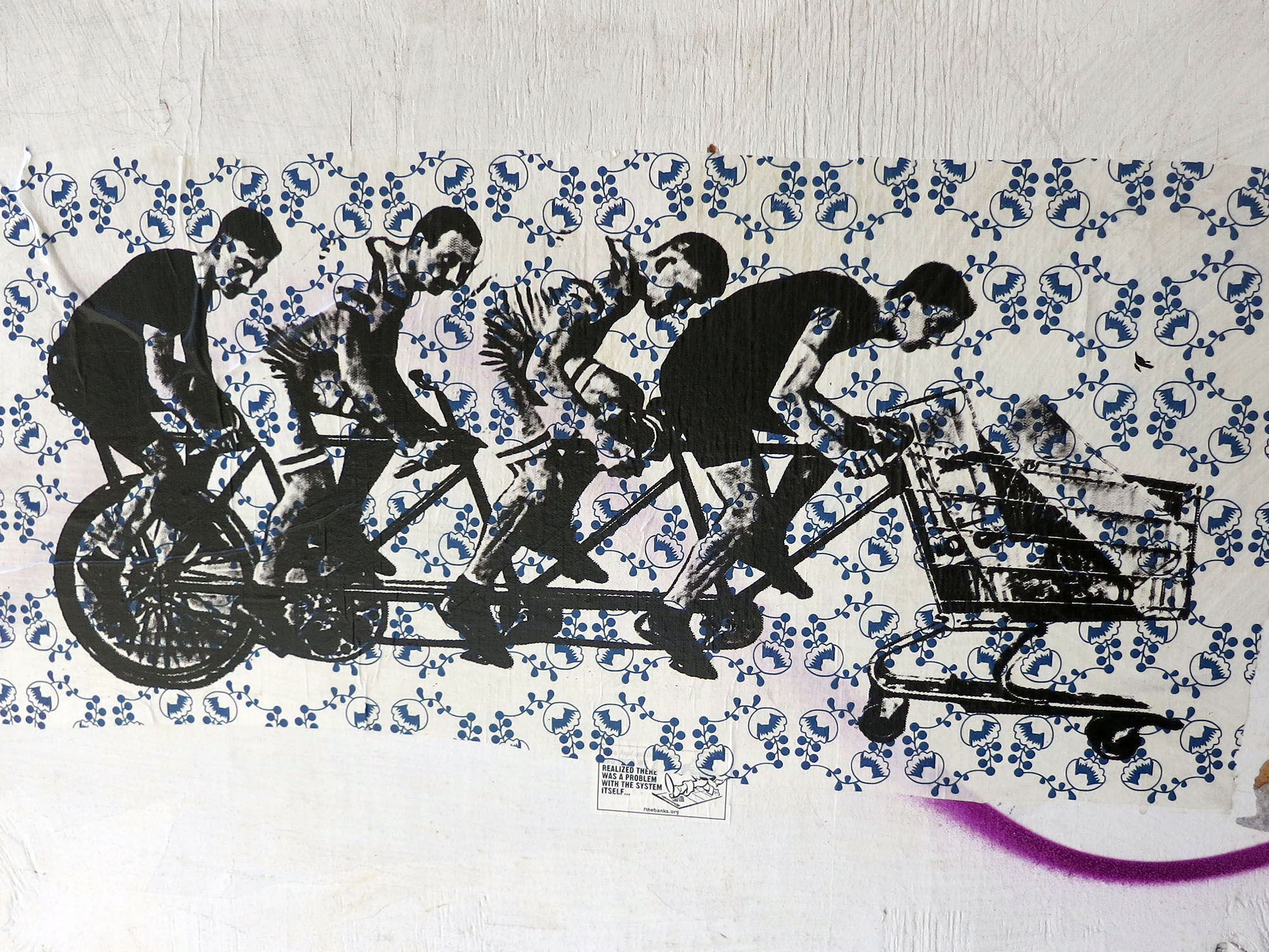
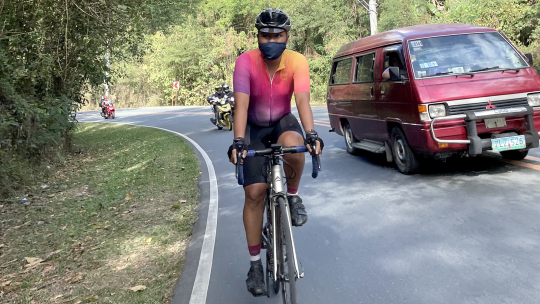
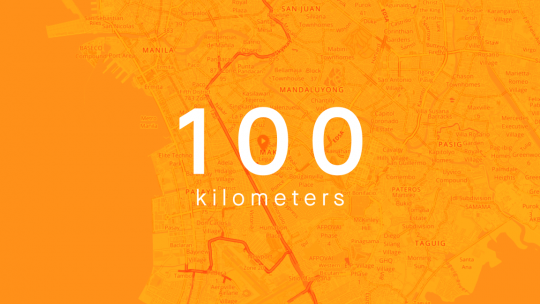


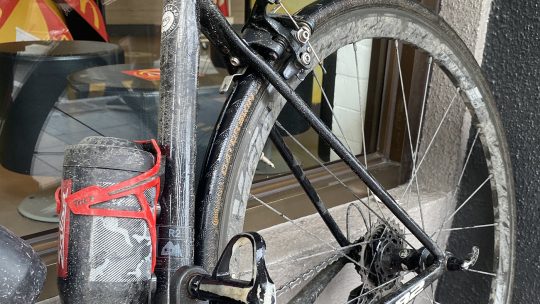
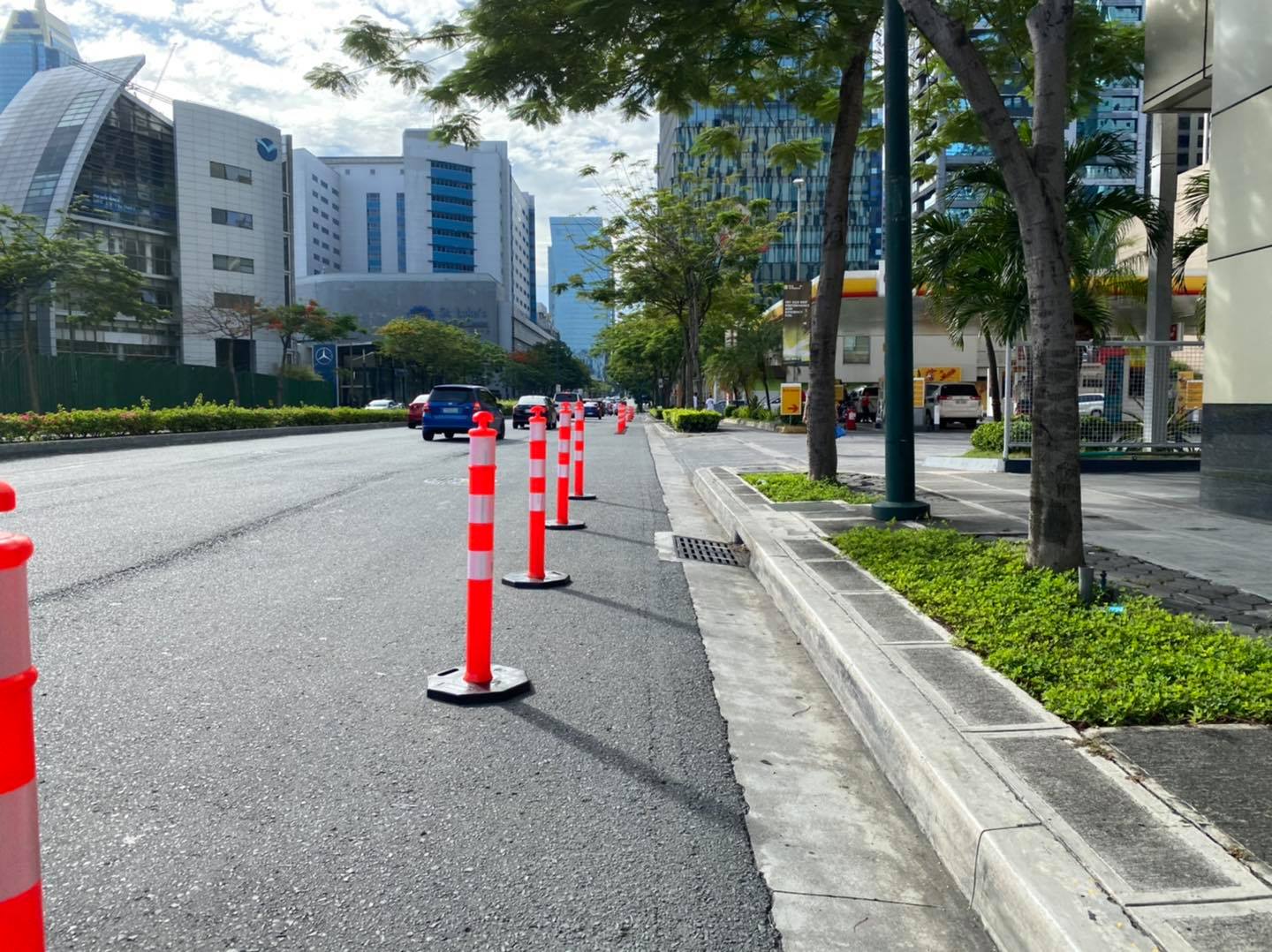
Leave a Comment